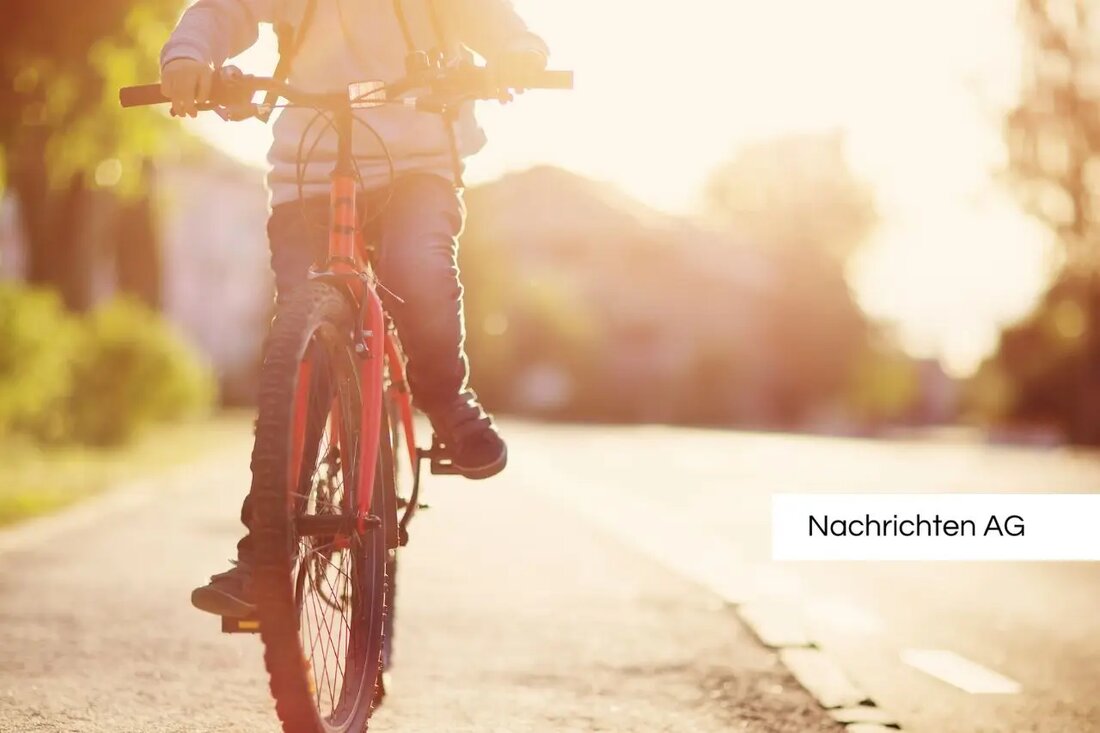Children's miles: So that the youngest for climate protection take to the streets!
Children's miles: So that the youngest for climate protection take to the streets!
The topics of climate protection and sustainable mobility are becoming increasingly important, especially with regard to the younger generation. Children and adolescents play a central role in promoting environmentally friendly traffic alternatives. A remarkable initiative that is committed to this goal are the "children's mile" that are organized in the Kleve region.
The action is based on the fact that children cover climate -friendly ways instead of driving with the family car. The permissible means of transportation include the bike, walking, the bus and carpools. Children document their back routes in class or daycare groups by sticking stickers into a child-friendly collective valley. This documentation not only creates awareness of sustainable mobility, but also promotes competition and the joy of environmental awareness.
claims to politics
An essential goal of the children's miles is to encourage young participants to address their wishes and demands on climate politicians. Self-designed posters with their concerns will be passed on to the climate alliance. The results of this campaign will be presented in November at the United Nations Climate Conference in Belém, Brazil. This opportunity enables the children to actively participate in the design of their environment and to raise their voice.
District Administrator Christoph Gerwers has invited all kindergarten and primary school children and their parents to participate in the campaign in order to set a strong sign of climate protection. The campaign should not only learn the responsible handling of mobility, but also get the opportunity to present their ideas to improve the climate. Further information on registration is available on the website of the district of Kleve: www.kreis-kleve.de/kindermeile .
mobility and their effects
Mobility has a significant influence on the climate. In Germany, around 20% of climate -damaging greenhouse gases come from the traffic, with 94% of these emissions coming out of road traffic. The excessive use of combustion engines in vehicles that are operated with fossil fuels causes considerable CO2 emissions. The call to the traffic turn, as required by organizations such as Greenpeace , includes the reduction of car traffic and the promotion of climate-friendly parenting (public transport).
of public transport, consisting of buses, U- and S-Bahnen as well as trains, represents an environmentally friendly alternative, which, however, is often inadequate and is not very attractive, especially in rural areas. Cycling is also emphasized as a particularly climate -friendly possibility, since it does not require fossil fuels and promotes health. However, cities often have to struggle with a poorly expanded cycle path network and the need to share the street space with cars. In addition, walking is the most sustainable type of transportation, but requires space for pedestrians and accessibility.
The vision of climate -friendly mobility in the future includes electromobility, increased use of bicycles and a reduction in parking space for cars. This would make it possible to create more space for green spaces, seating and playgrounds. Children and adolescents are called to actively participate in the help of this future and to make conscious decisions in relation to their locomotion.
| Details | |
|---|---|
| Quellen | |


Kommentare (0)